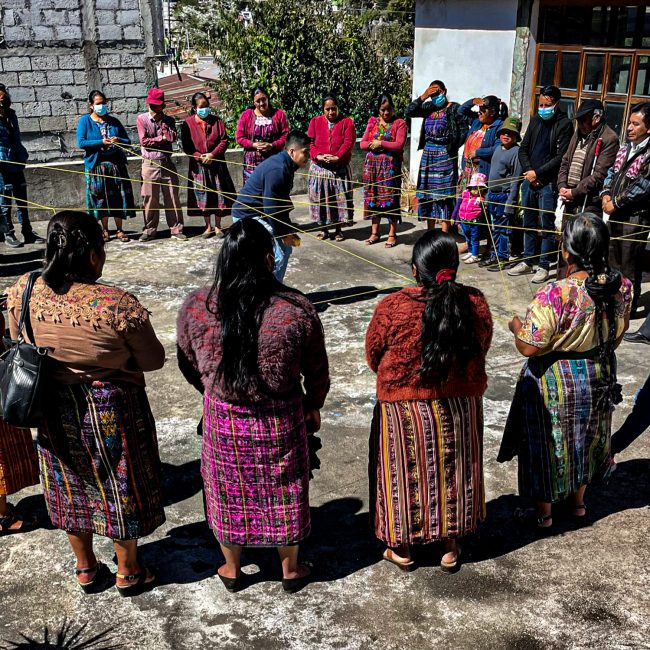Human Rights Education
"Everyone has the right to know, seek and receive information about all human rights and fundamental freedoms and should have access to human rights education and training.” Article 1, UN Declaration on Human Rights Education and Training.

